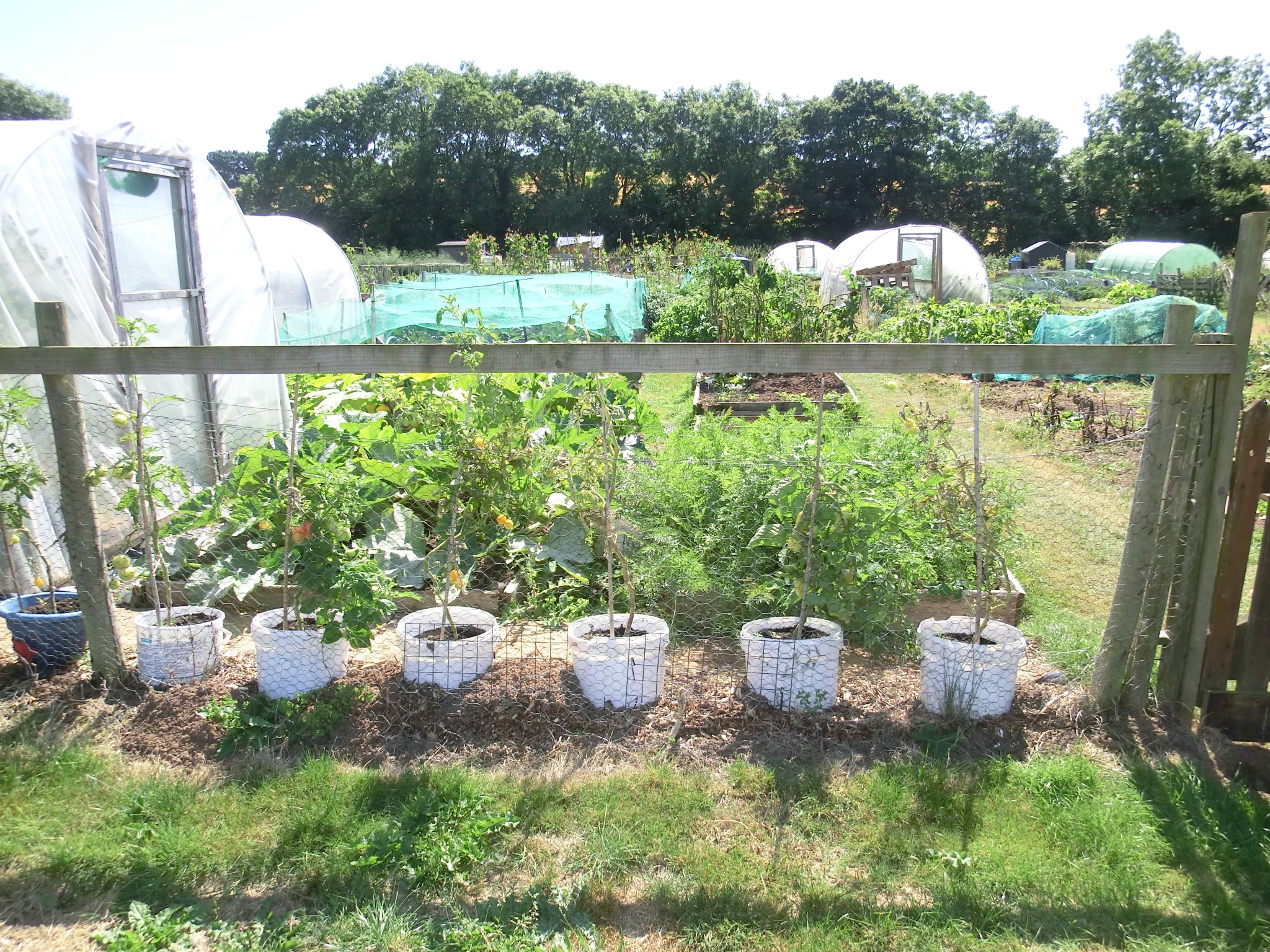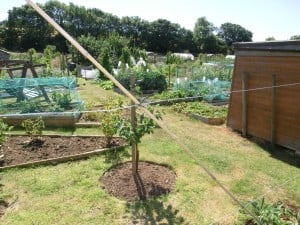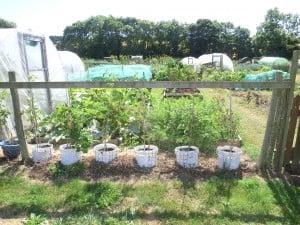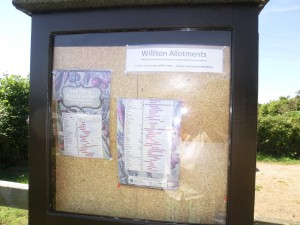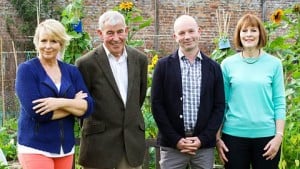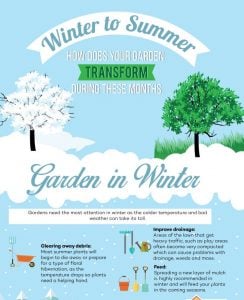National Allotments Week! Read on to find out more
From 8-14 August 2016, allotment sites around the country opened their gates to tell us how and why allotments are good for you, good for communities and good for the environment. Organised by the National Allotment Society (NSALG), National Allotments Week offered a way to find out about allotments in your area.
I had a great time finding out about allotments in my area and hope you did too. If you missed it - here's some of the things I found out.
Is an allotment for you?
Seen from trains, buses or a dog walk, allotment sites often look a bit of a jumble and not always very inviting. But in the jumble is a huge variety of people, allotment 'looks' and personalities. There's sure to be someone with interests like yours.
I met gardeners like Robin, 78, who grows fruit and veg. for his family and, this week, is not sure if he will grow potatoes next year (due to potato blight, not his knees). And Sarah, a senior public sector manager, whose suburban allotment supplies family and work colleagues with some of their five a day. And Alex, a 30-something parent who enjoys gardening with his children so much that he also helps at a community garden which grows vegetables and fruit to sell at low prices to local people who don't have gardens.
The best way to find out if an allotment is for you is to visit an allotment site, look around, and imagine yourself there. Sites that opened their gates last week are listed here and the list can help find out who to contact and at your local site a notice board is likely to provide information. The NSALG provides information on how to sign up for an allotment here.
The BBC Big Allotment Challenge
If you were inspired by BBC TV’s Big Allotment Challenge perhaps you signed up at your local allotment society for a vacant plot. Or perhaps just how very good those TV gardeners were, and the tasks they were set, scared you as much as it did me?
Don't be put off! At local allotment sites across the UK I saw less tense and exacting gardening challenges and many opportunities to enjoy gardening with friends and neighbours. Where I live, allotment gardening is about being out and about, enjoying the earth and its produce and the social life of allotment holders (swapping produce, plants, seeds and – yes – manure!). The allotment gardeners I met were not gardening to show (or show off) but to get their hands in the soil and fresh fruit, veg, and flowers on their tables.
Here's the history of allotments
Allotments in villages, towns and cities across the UK today were kick-started by the need for people in cities to grow their own food. In 1908 the Small Holdings and Allotments Act placed a duty on local authorities (but not in Northern Ireland) to provide allotments for local use, but it was a slow start and only after the First World War was land made widely available, largely to support returning service men (Land Settlement Facilities Act 1919). More Acts of Parliament followed with a major change in England in 1925 when local authorities were banned from selling or converting allotments without ministerial consent. Over the years, allotments have gone in and out of popular use.
The NSALG reckon there were 1.5 million plots at the peak, but now there are around 330,000 and over 90,000 people waiting for a plot. Allotments are provided by local authorities and private and charitable local and national landowners (including the Church of England, the National Trust, Cambridge colleges and local industries).
Organisations that can help you find and enjoy an allotment
The NSALG offers information and advice on allotment gardening, the rights of allotment holders, and the responsibilities of landowners providing allotments.
In Scotland the Scottish Allotments and Gardens Society supports allotment gardeners and works to promote and protect allotments.
In Northern Ireland there is no central point of contact for allotments. Local and regional organisations supporting allotment gardeners have websites and work together to share information on vacant plots.
Maybe having an allotment is part of the New You for 2017?
Sign up for our emails below, so we can send you blogs on gardening tips, as well as updates on our sales, so you don’t miss out on those garden furniture bargains!


